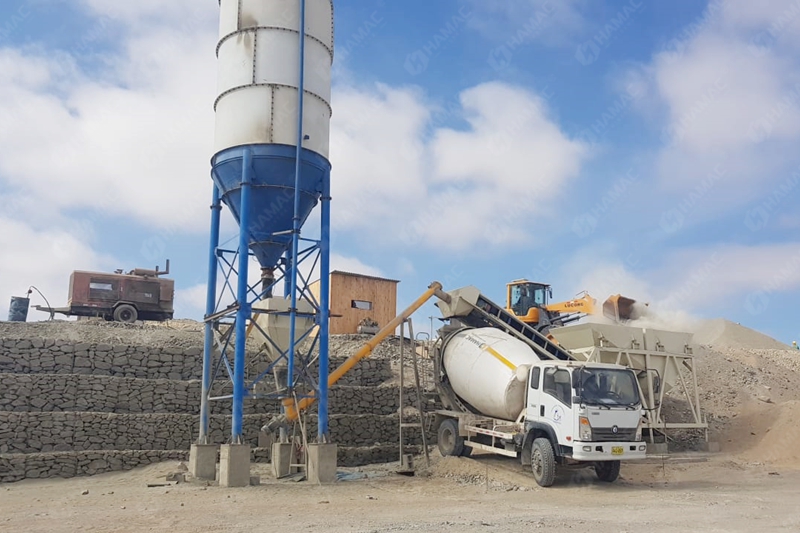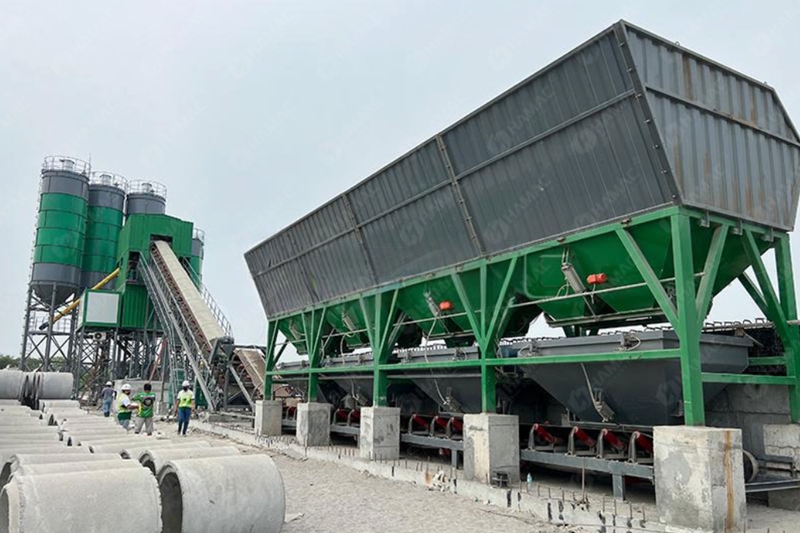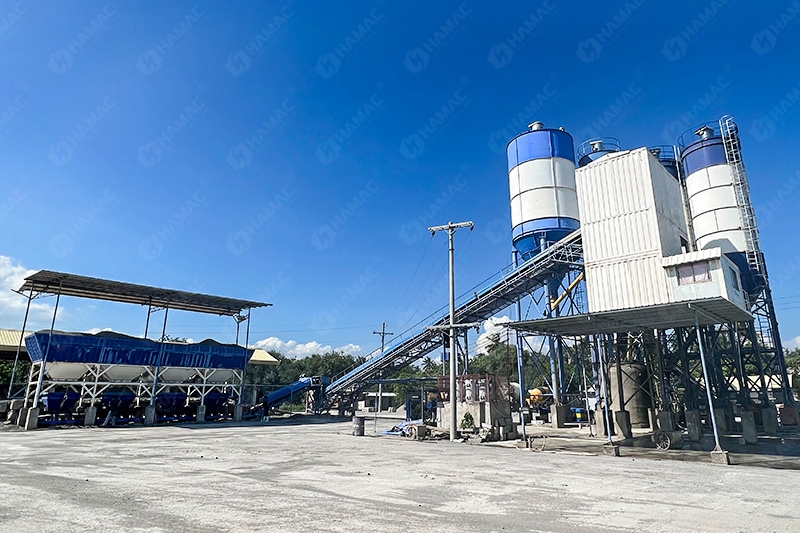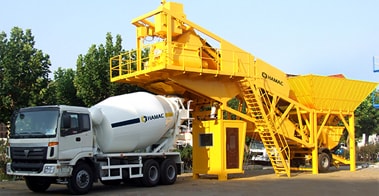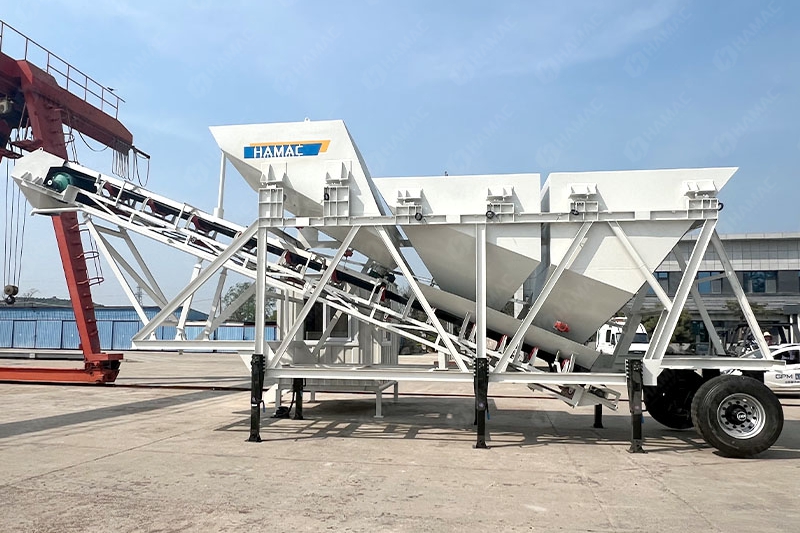
Eco-Friendly Concrete Production in New Zealand
Project Background
In response to a series of large-scale infrastructure upgrades in Christchurch, a major construction company encountered significant challenges in delivering high-performance concrete while complying with New Zealand's stringent environmental regulations. The projects included the construction of road bridges and community facilities spread across the Canterbury region.
Existing wet mix concrete plants were no longer suitable due to their high water consumption and inability to meet precise concrete specifications required for advanced structural designs. Furthermore, their large footprint made them impractical for urban job sites with limited available space.
Solution Implementation
After reviewing multiple alternatives, the company selected HAMAC's dry batch plant to balance engineering precision and environmental compliance. The plant was installed in a central Christchurch industrial area, with flexibility for relocation based on shifting project needs.
The computerized batching system achieved accuracy within 0.5%, meeting the performance standards of NZS 3109 for structural applications. The integrated water recycling system cut usage by 40% compared to conventional plants, and an advanced baghouse filtration system ensured dust emissions remained below 5mg/m³, aligning with local air quality standards.

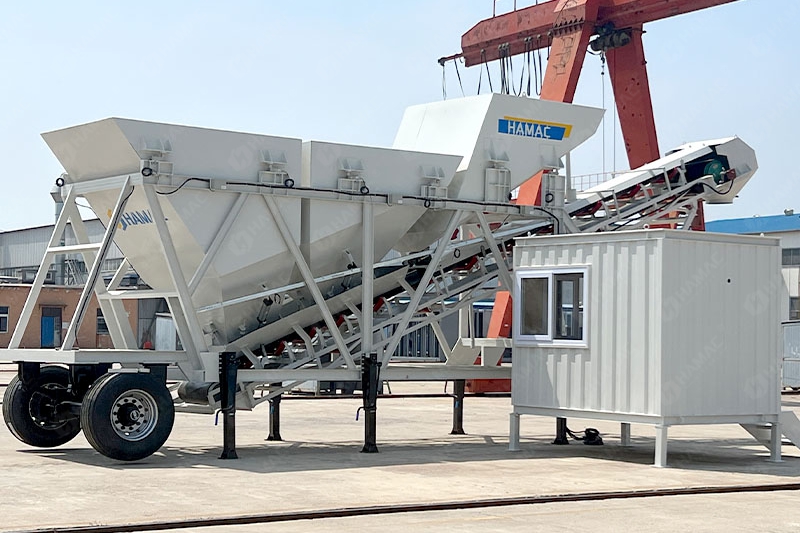
Dry batch concrete batching plant
Key Outcomes
- 30% reduction in CO₂ emissions through optimized mix designs and reduced cement use
- 15% acceleration in project timelines due to uninterrupted, high-quality concrete supply
- Zero environmental compliance issues during continuous operation
The plant's ability to store and switch between 12 custom concrete mix designs proved highly beneficial for simultaneously managing various construction types, from major infrastructure to smaller civil works, all supplied from a single batching location.
Market Advantages
This setup specifically addressed the needs of New Zealand's modern construction environment. Its water-saving capabilities were especially important in drought-sensitive areas like Canterbury, conserving an estimated 3.5 million liters annually. With a compact footprint, the system required only 60% of the space typically needed for traditional batching setups.
The plant's compliance with NZTA regulations ensured eligibility for government-funded projects. Its structural adaptability enabled teams to respond quickly to design revisions, while the use of locally sourced aggregates contributed to both sustainability goals and support for regional supply chains.
If you want to visit this project on site, or contact our client to check the machine’s work performance, please contact us: Email:sales@hamacchina.com WhatsApp:+8615136236223





